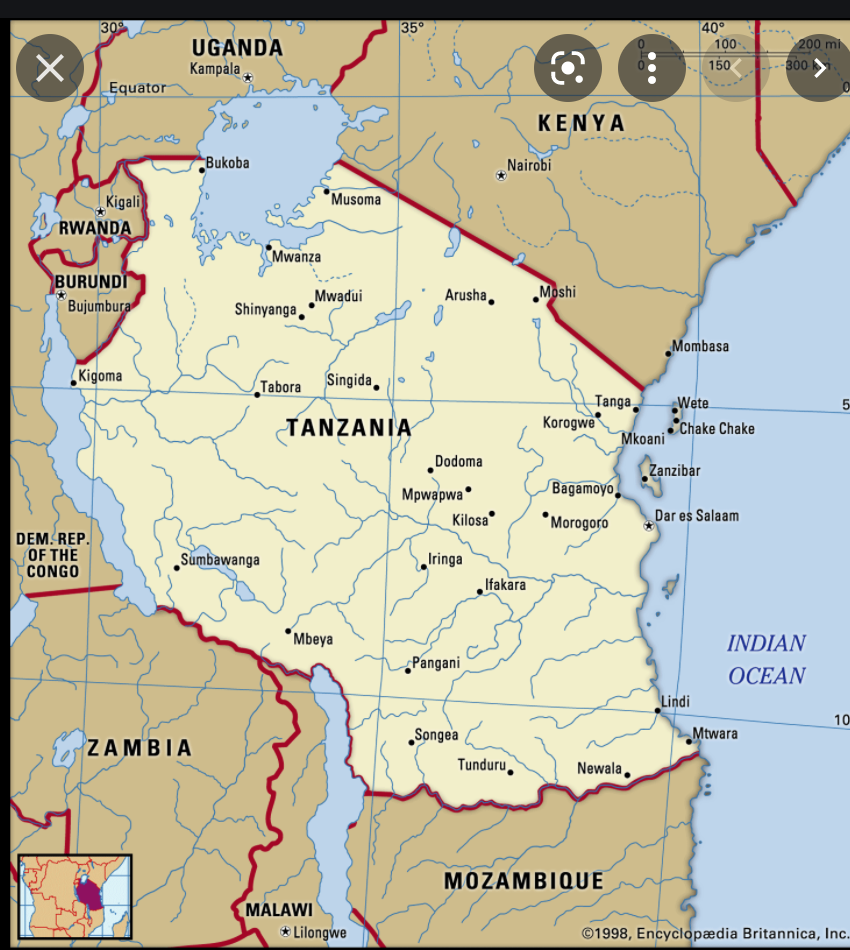
As we mark the International Day of Democracy, it is imperative that we take time to pore take stock of our situation here in Tanzania and see if we can really worthy of joining the rest of the world or just sit as spectators, Felix Kaiza writes.
In the classical definition of democracy by Abraham Lincoln, “democracy is a government of the people, by the people and for the people”. While there may be varying definitions of democracy, there are, however, components that remain fundamental — in this case, freedom and equality.
In a liberal democracy like Tanzania, there are those general principles that should be seen to apply. For instance, all people are considered equal before the law, their status and positions in society notwithstanding. At the same time, while it is clear that the majority will always have their way, the minority should also be allowed to have their say freely.
Tanzania has come a long way to political liberalism. The passing of the Political Parties Act in June 1992 was a landmark in reopening the gates to multiparty system. However, there was a delay in the implementation of this act which enabled the ruling CCM to continue consolidating its support base. In those years following the implementation of the act, the opposition which was led largely by former CCM members, including Abdallah Fundikira, Oscar Kambona and Seif Hamad, was also sharply divided. So, CCM did not see it as a real threat to its hegemony.
In the three elections that have been held under the multiparty system, CCM has been able to win easily albeit the opposition has always decried irregularities in the electoral process. With the stronghold that CCM has had in Tanzania over the years and the division in the opposition, there is little doubt that there will be a significant change at the State House in the coming elections or even in quite a number of years to come.
Most of the more than 15 opposition political parties do not seem to have clear ideologies or agenda. The only parties with real chances of making an impact in Tanzanian politics are CUF and CHADEMA. Noteworthy is the fact that CHADEMA was formed by a former Union Government treasury minister and CUF by a former Prime Minister in the Zanzibar Revolutionary Government. Both were, therefore, CCM insiders. CUF is very strong in Zanzibar and has 19 elected members of parliament with 11 special seats. CHADEMA has 5 elected members with 11 special seats. It is strong on the Mainland.
In Tanzania today, the gap between the rich and the poor is very wide. Life has become very hard for the ordinary citizen while the politicians and the rich continue to wallow in affluence. This state of affairs should not exist in a nation that God has very much endowed with a variety of precious minerals and gemstones. While the benefits of the natural resources should trickle down to the poor as well, this has not been the case. On the contrary, the rich have continued becoming richer while the poor have continued on a downward spiral with no hope for a better life. The poor cannot forget the 2005 “Maisha bora kwa kila Mtanzania” Presidential campaign slogan. Today they ask themselves whether this is the good life that was promised for every Tanzanian.
While Tanzania has made many strides in political liberalisation, more still needs to be done. There is a need to distinguish between the party and the state. As it is now, CCM and the states are one and the same. In fact, we can say that CCM is the state and the state is CCM. There is also a need to institute electoral reforms as demanded by the opposition so as to have free and fair elections.
The arrogance that sometimes the government displays has no place in the 21st century. There is a need for leaders to be accountable to the people. Civic education should also be carried out in order to enable the uneducated masses to make informed decisions when it comes to electing their leaders. It is immoral for anyone to play on people’s ignorance in order to get elected.
